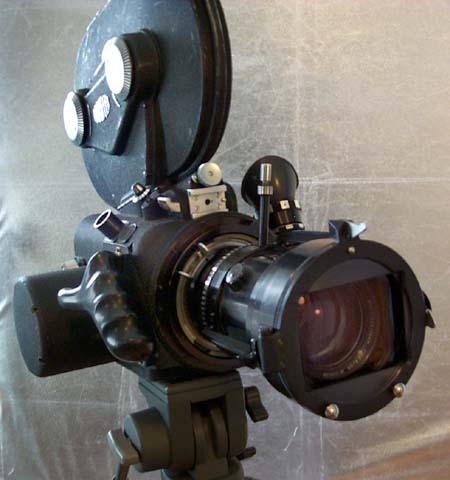A couple of things I’ve come across have got me thinking about the media business — broadly speaking — and just how profound the changes it is undergoing really are. It’s easy to dismiss them as just some kids on MySpace or a bunch of yahoos posting their juvenilia on YouTube, but it is really much more than that. Not a magical transformation by any means, but more like a rapid evolution, and a turbulent one at that.
 One of the pieces that got me thinking was Scott Karp’s post over at Publishing 2.0, which he calls The Great Media Schism. In a nutshell, he says, the media industry is “dividing itself into content creation on the one hand, and content aggregation and distribution on the other.” And he is exactly right. From newspapers to movies, media titans are grappling with the fact that content and distribution no longer go hand in glove — and just because you used to control one doesn’t mean you still do, or will. “Content creation is no longer an easily scalable business,” he says. “In fact, many players in the new content creation game are not in it to build scale business, or even to make money at all.”
One of the pieces that got me thinking was Scott Karp’s post over at Publishing 2.0, which he calls The Great Media Schism. In a nutshell, he says, the media industry is “dividing itself into content creation on the one hand, and content aggregation and distribution on the other.” And he is exactly right. From newspapers to movies, media titans are grappling with the fact that content and distribution no longer go hand in glove — and just because you used to control one doesn’t mean you still do, or will. “Content creation is no longer an easily scalable business,” he says. “In fact, many players in the new content creation game are not in it to build scale business, or even to make money at all.”
For some reason, that statement reminds me of the success of Craigslist.org, which has become an accidental business in a sense — a service that Craig Newmark decided to start because it seemed like a good idea, and people adopted, and which has become wildly profitable almost by accident. All of which makes the damage it has done to the newspaper classified business seem even more of an insult, since Craig didn’t even mean to do it.
The other piece that got me thinking was a story in the Los Angeles Times by author Neal Gabler called The Movie Magic is Gone. Gabler describes — in a piece not-so-coincidentally published at Oscar time — how the traditional movie industry is in decline, in part because:
“To the extent that the Internet is a niche machine, dividing its users into tiny, self-defined categories, it is providing a challenge to the movies that not even television did, because the Internet addresses a change in consciousness while television simply addressed a change in delivery of content.”
The reality is that the Internet is unbundling the movie industry in the same way it is unbundling the newspaper industry and the music industry — dismantling or disrupting the traditional power relationships, in part by separating content from distribution. As Gabler puts it: “Much of modern media is dedicated to empowering audiences that no longer want to be passive.” And even when they do want to be passive, traditional content sources are finding a whole lot more competition for those eyeballs.
Further reading:
Ashkan Karbasfrooshan of HipMojo has some thoughts about the future of video, distribution and scalability. And please see the comment below from Craigslist founder Craig Newmark.
